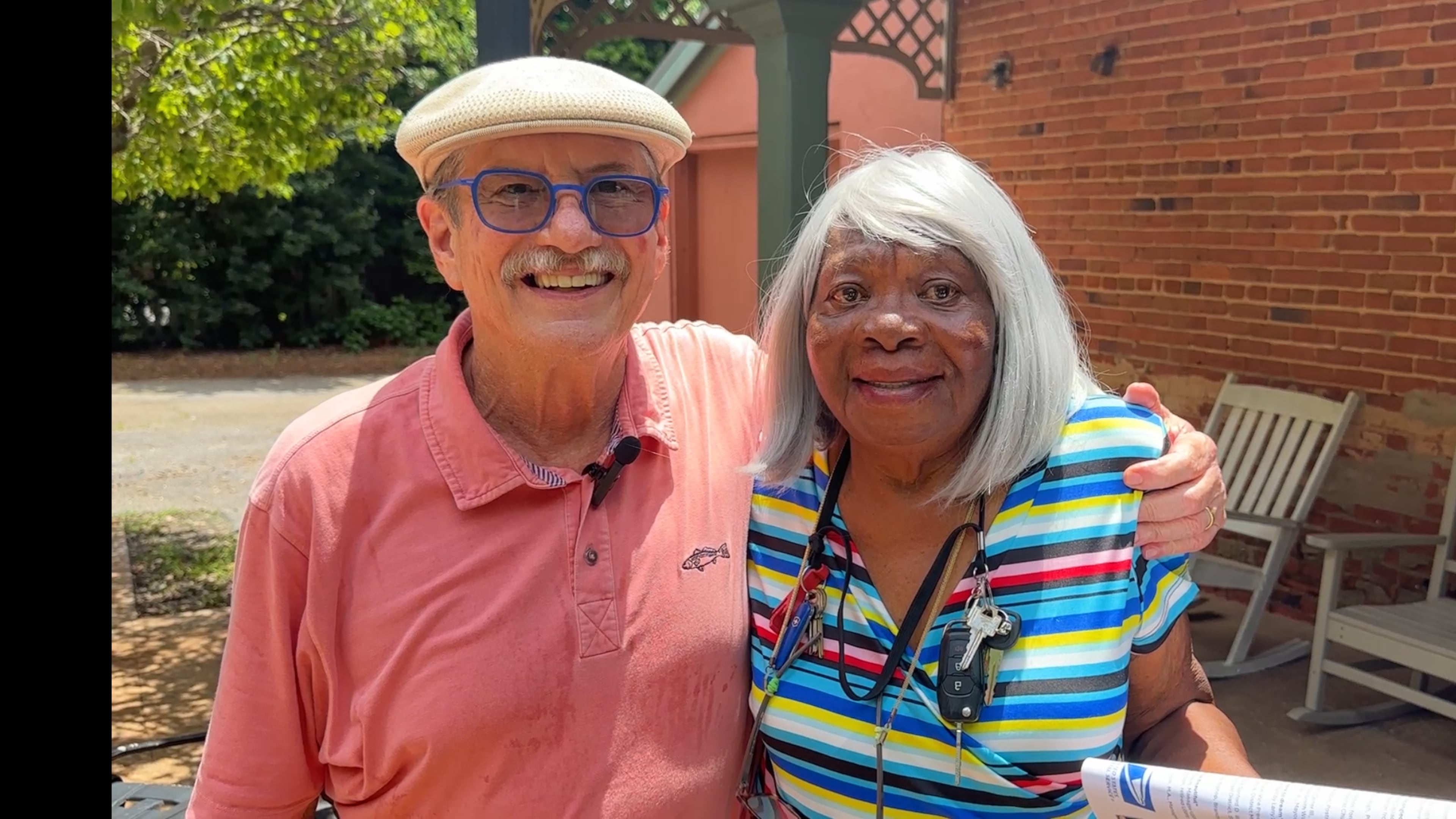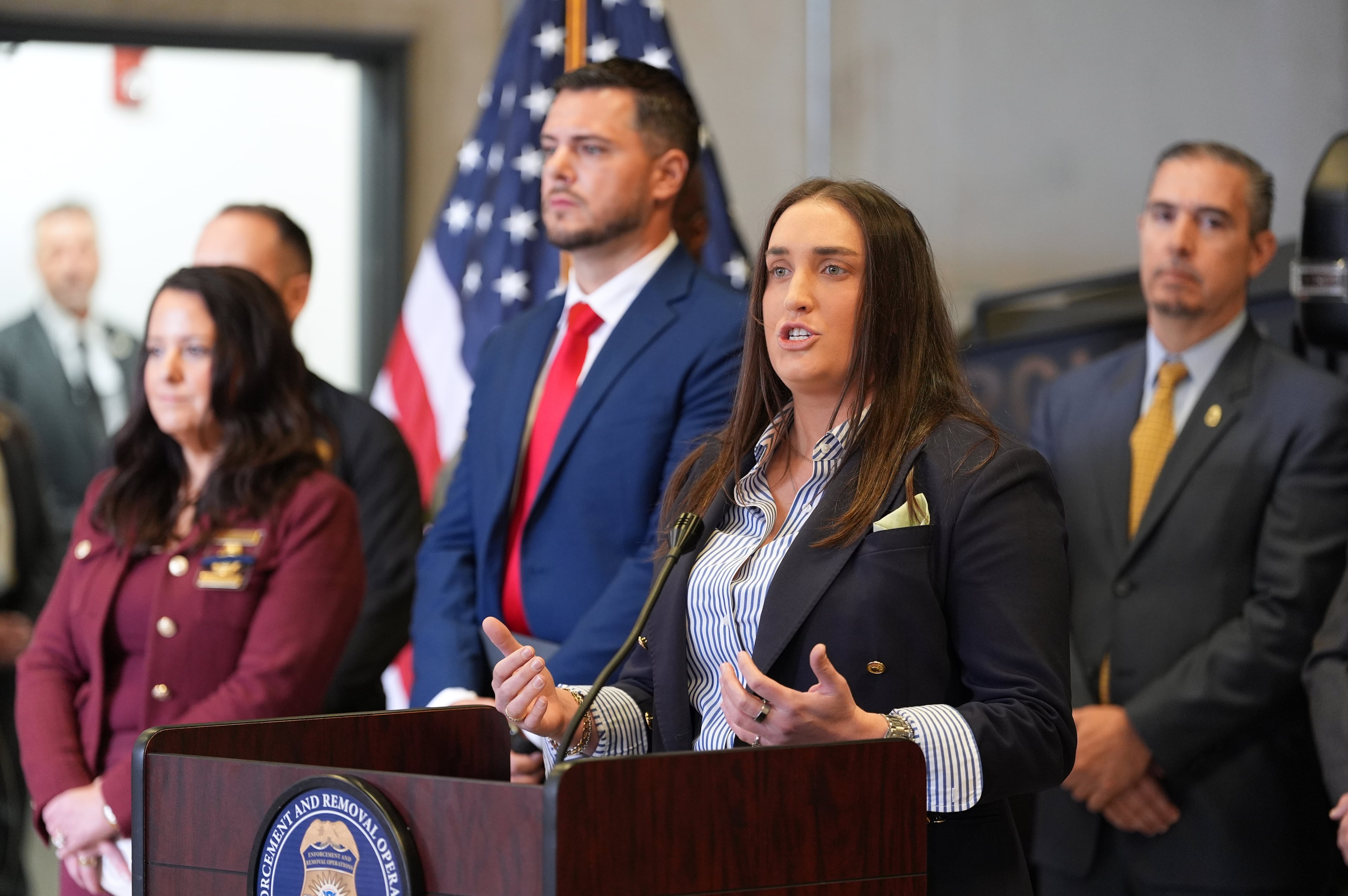The untold story of Amy Carter’s White House nanny, Mary Prince

PLAINS — It’s been a little more than six months since President Jimmy Carter died. On a hot Wednesday earlier this month, Mary Prince, the Carter family’s beloved caregiver and former family nanny, said she doesn’t know who misses the couple more, the people of Plains or her.
“I miss them a lot. A lot,” she said. “It’s going to take a while, and of course, I still have my days.”
Prince’s mind-bending life story is well documented but rarely told in her own words. In the 54 years since she met the Carters as a convicted murderer on a work-release program at the Georgia Governor’s Mansion, she has rarely spoken to reporters.
She sat down with me and longtime Columbus political reporter Chuck Williams last week after a ceremony to dedicate the Plains Post Office to President and Mrs. Carter. What unfolded was like walking through history with a woman who had too often been treated unfairly by it.
“Amy was just 3 years old when I started at the Governor’s Mansion. And from the time she was 3 years old until right now, she’s still my baby girl,” Prince, 79, said with a smile.
Prince’s work for the Carters did not stop with Amy. It extended to the late president’s children and grandchildren.
“I raised Chip’s children, Amy’s children, Jack’s kids,” she said. “I’ve just been a mentor and a mother to those kids, and they’re still my kids.”
Prince first met Rosalynn and Jimmy Carter in 1971 through the state trustee program designed to give convicted criminals work experience to help them find jobs once their sentences are complete. Prince’s first day of orientation included an interview with Mrs. Carter at the Governor’s Mansion, who asked her if she liked children.
“I told her since I was 14 years old, kids have always been my life,” Prince said. When the first lady called their young daughter Amy to come into the room, she and Prince hit it off. “Amy was the smartest little girl I’ve ever met in my life,” Prince said. “We talked, and she asked me if I wanted to go to her playroom. So she took me by the hand to her playroom and asked me to read her a book.”
While she was working at the mansion, Prince told the Carters how she ended up in prison. She described being in Columbus to care for her ailing mother, and then about an incident outside a local bar that Prince said led to her wrongful conviction for murder. The Carters were convinced she was innocent.
Shortly after he was elected president, Jimmy Carter requested to be made Prince’s parole officer so she could move with them to the White House to care for Amy. She was eventually granted a full pardon by the state of Georgia.
Years later, Carter dedicated his book, “Sharing Good Times,” to Prince, “whom we love and cherish.” He later wrote that not only was Prince “completely innocent” but also that her false conviction as a young Black woman in rural Georgia was all too common in the recently desegregated South. Rosalynn Carter told author Kate Anderson Brower that Prince “was totally innocent.”
Beyond the headlines that she made when she became an unconventional White House nanny, the lesser-known piece of Prince’s story is the enduring bond that formed between her and the entire Carter family in the decades after that. When Carter lost reelection in 1980, Prince moved three blocks away from the Carters in Plains, where she lives today.
Chip Carter, one of the Carters’ three sons, was in Plains last week for the post office dedication and pulled up a chair during our interview to describe Prince simply as “family.”
“Mary taught me about how to live life,” he said. “Mary had a rough life when she was a child, and she knew how to get through that. And even though I was a president’s kid, it was a rough life to get used to, and Mary helped me with that homespun naturalness that she gives all of her advice with. You might not even know it’s advice until you get 10 feet away and then you start chuckling and say thank you.”
At one point or another, every one of the Carters’ children or grandchildren has called her “mom,” he said.
“She raised my sister during really tough political times and protected her, and she’s looked after all of us for years and years,” he said. “And all of the kids didn’t worry about my parents (in Plains) because Mary was there. She’s family.”
Prince’s memories over the years include nights with Amy at the White House and conversations with Jimmy Carter’s mother, Lillian Carter, who used to send Prince a case of books each month for them to talk about later. “I loved Miss Lillian until the day she died,” Prince said.
Once they were back in Plains, she helped Rosalynn Carter with shopping, going to local stores to support small businesses, and often made Jimmy Carter his favorite meal of fried chicken, collard greens and cornbread.
Looking back, she said that meeting the Carters “made a better person out of me.”
“President Carter taught me a lot about life, about trust in life,” she said. “Because when I went to prison, I lost trust. But my love for kids remained.”
Before our interview ended, I asked her why she thought she and the Carters became so close, after such different lives brought them together at the Governor’s Mansion all those years ago.
“They trusted me with their whole heart and soul,” Prince said. “And I trusted them.”
More Stories
The Latest



